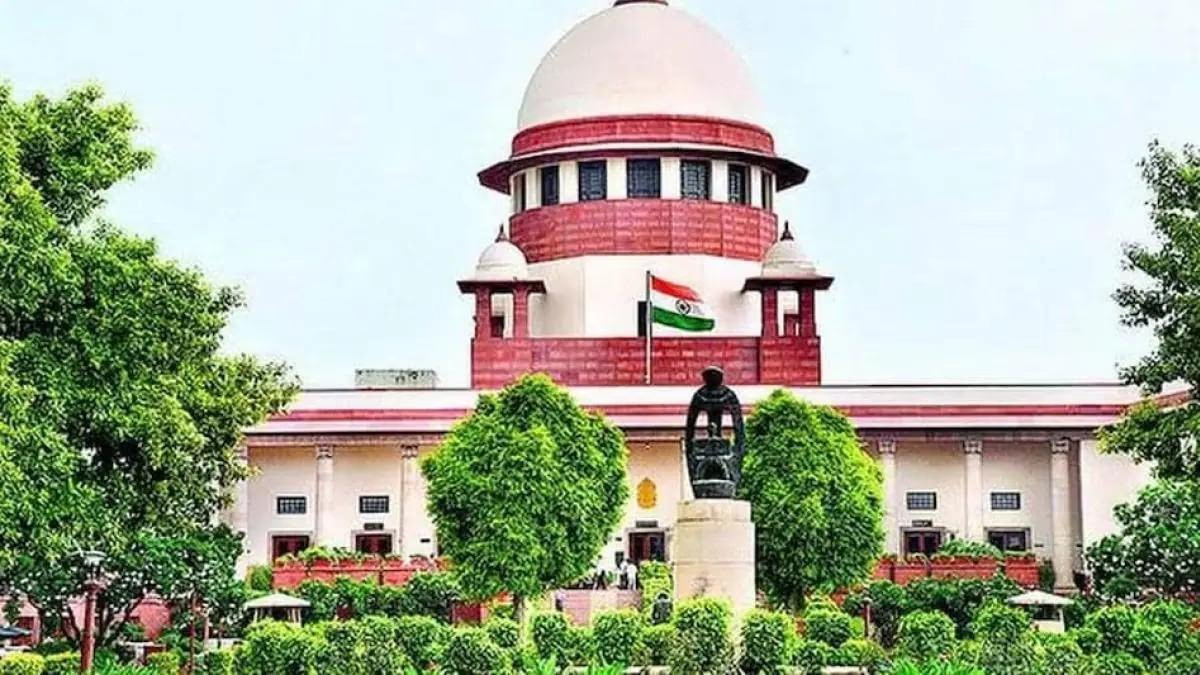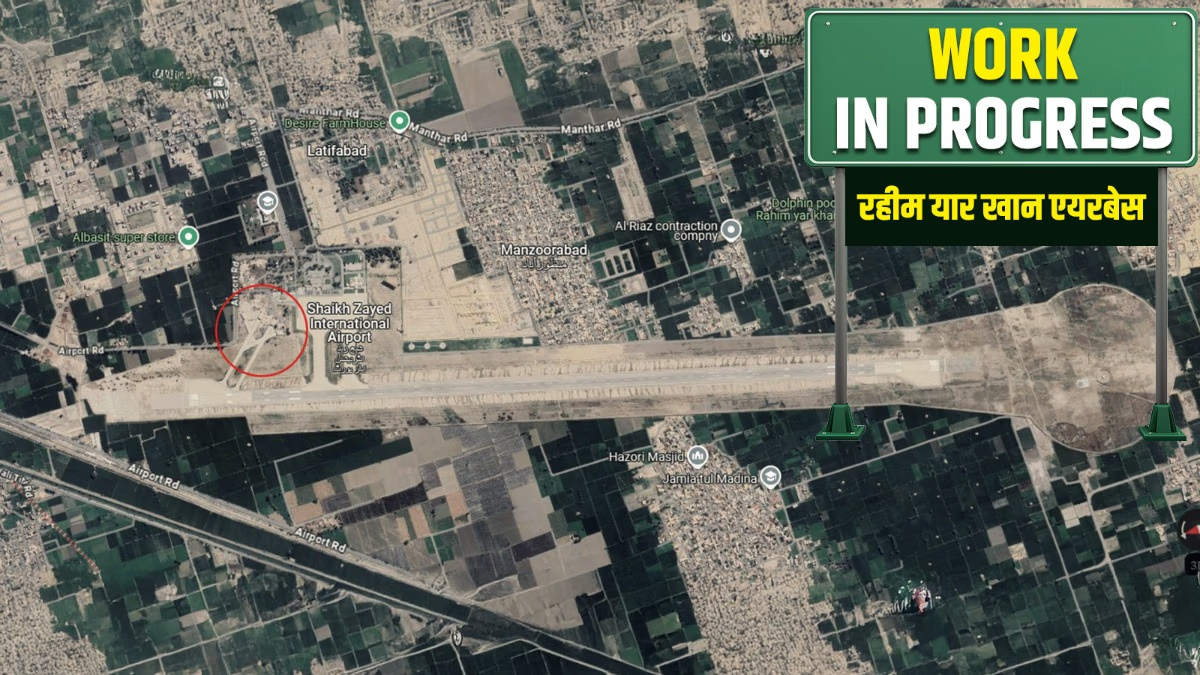The Supreme Court has expressed frustration over the increasing number of road accident victims across the country who are not receiving timely treatment and compensation. The court criticized the National Road Safety Board, which appears to be only on paper, with no appointments made for its chair and members. The lack of government initiative raises another issue — how will the board's recommendations be implemented, as there is no clear direction yet?
Government's Explanation: Lack of Suitable Candidates
In response to the court's remarks, the Additional Solicitor General (ASG) explained that advertisements for these board positions were issued in 2019. The appointments were to be approved by the Cabinet Appointments Committee, but no appropriate candidates have been found yet.
Supreme Court Toughens Stance in Hit-and-Run Public Interest Litigation
During a hearing on the public interest litigation (PIL) regarding hit-and-run incidents, the Supreme Court, displeased by the government's attitude, emphasized the importance of the issues raised by the petitioners. Road accidents are escalating due to various reasons, and victims often do not receive immediate assistance.
There are instances where victims are not injured but become trapped in their vehicles. The petitioners demand notifications that ensure swift response in such accident scenarios.
Read More: Entry for Muslims in Hindu Trust? What Will Happen to 'Waqf By User' Property? Supreme Court's Sharp Queries to the Center
Difficulties in Assigning Responsibility in Hit-and-Run Cases: Government
The government's lawyer highlighted that one of the intervention application's demands is to establish a protocol for assigning responsibility in hit-and-run accidents. Determining what actually occurred is extremely challenging in many instances.
Cases Dismissed Automatically in UP if Fines Unpaid
The government's lawyer argued that there is an anomaly in Uttar Pradesh where motor vehicle act cases are terminated after 10 years. This peculiar situation arises, meaning if someone pays the fine, the money is lost, but if the case remains pending, it eventually gets dismissed.
This is a very odd situation as cases accumulate and it's then claimed that the number of cases is too large. With fines at only ₹500 or ₹1000, it is proposed to close these cases.
Read More: What Happens to Old Mosques With No Documents? Supreme Court Seeks Clarification From the Center on 'Waqf By User'
Supreme Court Order: UP Government Must Respond
The Supreme Court ordered the state of Uttar Pradesh to file its response to this interim application (IA). At first glance, it seems the impact of the Uttar Pradesh Act is such that if an individual commits an offense under the Motor Vehicles Act and does not pay the fine, the case is automatically dismissed.
This generates a discrepancy where offenders go unpunished.
Petitioner's Demand: Six Different Types of Protocols
According to the petitioner, there should be six different types of protocols in place. Although issuing a writ of mandamus by this court is challenging, we still believe that state governments and union territories should work on developing prompt response protocols.
Six Months Given to All States and Union Territories
The Supreme Court has directed all states and union territories to develop quick response protocols so that road accident victims receive immediate aid. The court has provided all states and union territories six months to create these protocols and register their responses.
Directive for NHAI to Submit Notations to State Secretaries
The NHAI informed the court that the National Highways Authority of India (NHAI) has worked on this aspect and filed a note emphasizing highway user safety. Consequently, the court instructed the NHAI to send this road safety note to the transport secretaries of all states.
Read More: Major Action on Waqf Board Property in UP's Kaushambi, 93 Bighas of Land Recorded as Government Property
Affidavit Mandated on Protocol Implementation
The NHAI must file an affidavit within six months providing details on the actual implementation of the protocol they have created. Similarly, all states and union territories must work on implementing the road safety protocols.




